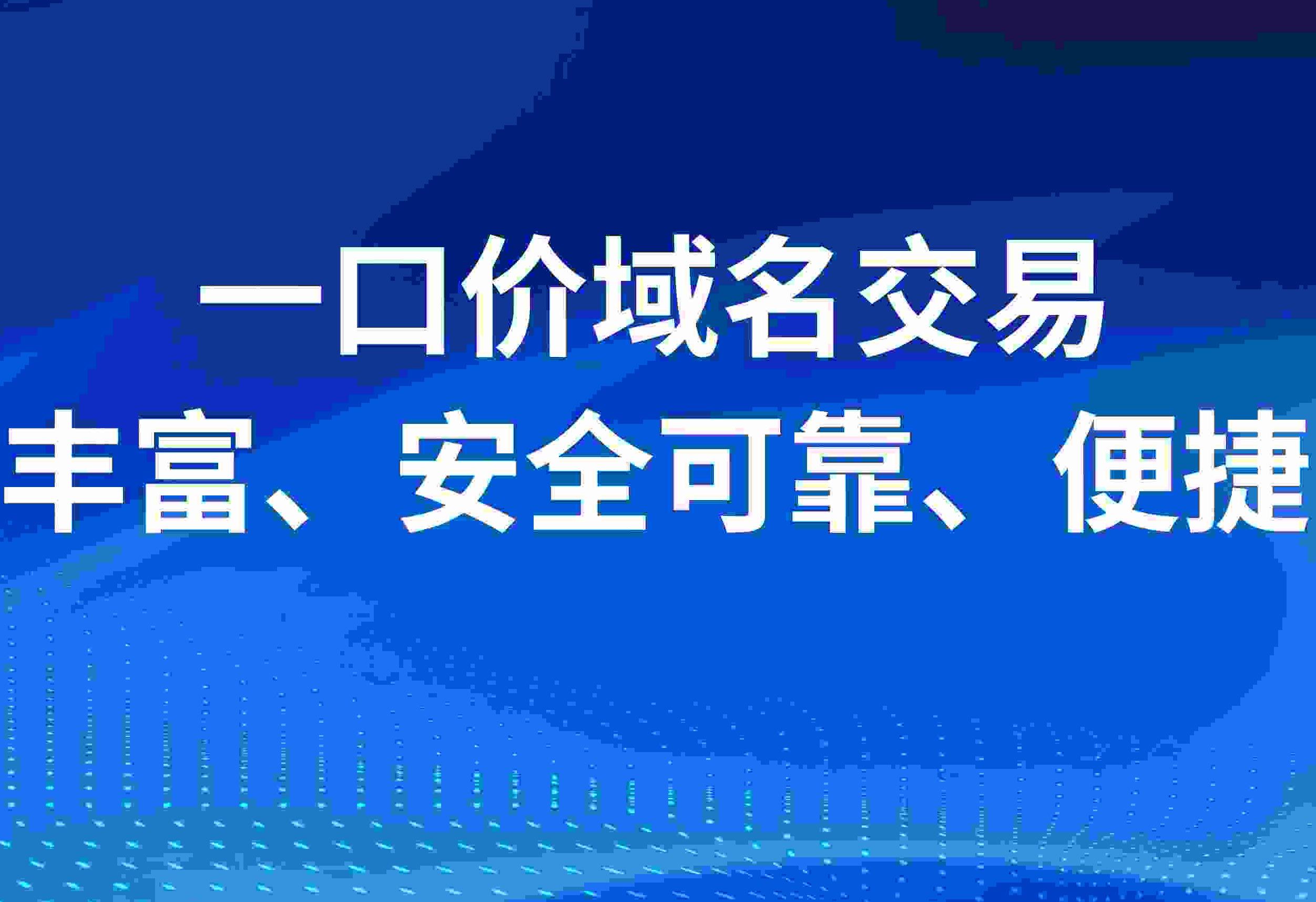品牌价值
域名与企业名称"长春飞思特科技有限公司"高度匹配,有助于建立品牌认知。
seo潜力
适合科技、软件、网络服务类企业使用,具有很高的商业开发价值。
投资价值
优质域名是稀缺资源,长期持有具有升值潜力。
联系方式
如果您对此域名感兴趣,请通过以下方式联系我们:
电话: 138-XXXX-XXXX
邮箱: 3128188888@qq.com
微信: 请扫描下方二维码添加

合作伙伴
以下是我们推荐的优质网站:
四川云启天翊网络科技有限公司
北京朗克智能科技有限公司
北京诚海益网络科技有限公司
孙冠军
海口龙华区阳铭甄选商贸行
海口美兰构渊百货商行
海口马伟超科技有限公司
信元国际信用评估(北京)有限公司
司琦
刘双德
泰兴市星天宇商贸有限公司
杨景航
沭阳瑞得在线桂霞网络有限公司
七星关区超平广告部
山东福禄通电子商务有限公司
长沙朝霞文化传播有限公司
海口通佳桂家具有限公司
池州隆域贸易有限公司
上海镝帆商贸有限公司
儋州裕其鲜商贸有限公司
杭州萧山所前镇跨田科技工作室
李阳
湖北食美振邦创新科技有限公司
山西光兴通信息科技有限公司
黄富就
晋中姿靖网络科技有限公司
钟晨辉
北京银河之光设计有限责任公司
青岛正誉管理咨询有限公司
陕西神行车宝网络科技有限公司